
The Boy Who Could Change the World
The Writings of Aaron Swartz
Recommendation
Aaron Swartz, who died in 2013 at 26 of suicide, was a “hacktivist,” a programmer, a political thinker and a center of controversy. Even as such a young man, Swartz was a significant figure as founder of Demand Progress, which advocates Internet freedom, and part of building Creative Commons. As a teen, he helped create RSS software, crucial to sharing data online. And he contributed to developing Reddit. He was embroiled in daunting criminal charges for downloading millions of articles from an academic database in order to share them online. His writing is clear, lively, informed and sometimes contentious. His thoughts on politics, his distinctive accounts of important historical trends and his ideas about the use of information have continuing influence. getAbstract recommends Swartz’s autobiography, opinions and sometimes fascinating insights to anyone interested in computing, cyberculture, politics or personal liberty.
Summary
About the Author
Founder of Demand Progress, the late Aaron Swartz developed the site theinfo.org, contributed to the development of Creative Commons and was co-author of the RSS 1.0 specification. Demand Progress supports “Internet freedom, civil liberties, transparency and human rights.”








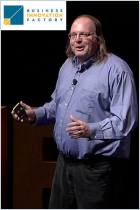
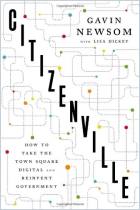
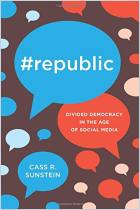
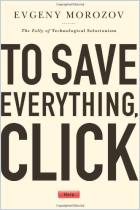
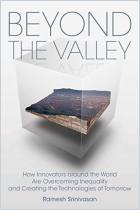
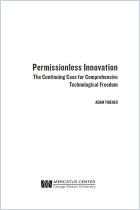





Comment on this summary or Démarrer une discussion